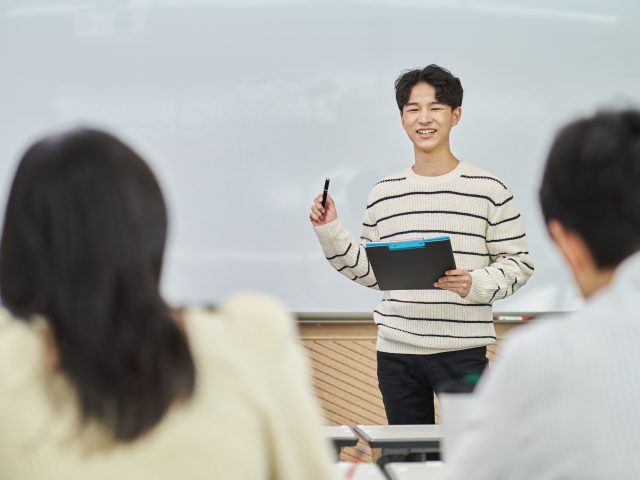
The “10 Minute Rule” tells us that people can’t pay attention to something for longer than ten minutes.
As teachers, therefore, we shouldn’t do any one thing for longer than ten minutes. We need to mix it up a bit.
There’s an obvious problem here. The “rule” assumes that all people think alike — that one number is correct for all students in all situations.
That’s a bizarre assumption. It’s also wildly untrue.
(In fact, the “rule” itself has a weird history. )
The Bigger Picture: When teachers convert averages into absolutes — like, say, the 10 minute rule — we’re likely to miss out on the distinct needs of our particular students.
Today’s Example
Should students listen to music when they study or read?
If we go by averages, the answer is: no! We’ve got data to prove it. We’ve even got meta-analyses.
And yet, as Daniel Willingham argues, we should be aware of the variety in the data:
While mean of the grand distribution may show a small hit to comprehension when background music plays, it’s NOT the case that every child reads a little worse with background music on.
He’s got a specific example in mind:
Some of my students say they like music playing in the background because it makes them less anxious. It could be that a laboratory situation (with no stakes) means these students aren’t anxious (and hence show little cost when the music is off) but would have a harder time reading without music when they are studying.
In other words: psychology research can be immensely helpful. It can produce useful — even inspiring — guidance.
At the same time: when we work with our own students, we should always keep their individual circumstances in mind.
If this student right here needs music to stay focused and relaxed, then data on “the average student” just isn’t the right guide.





